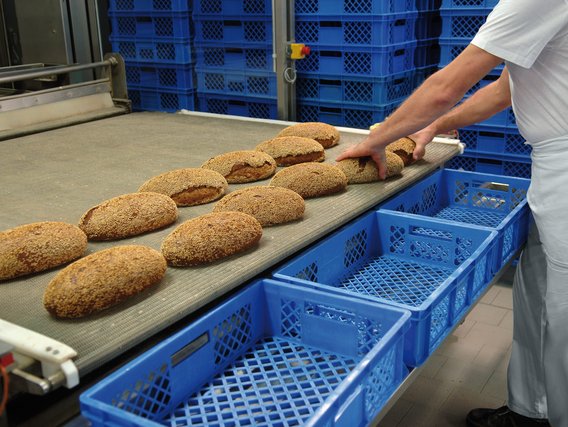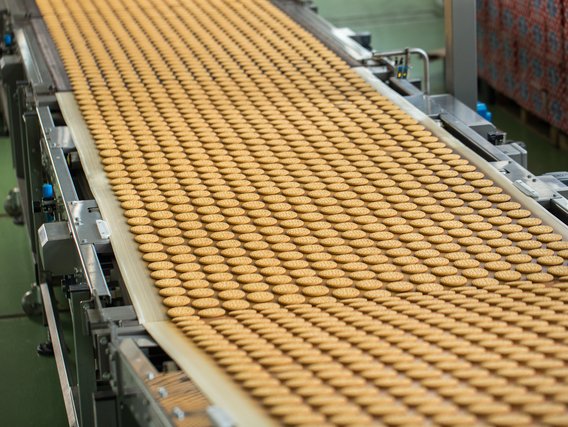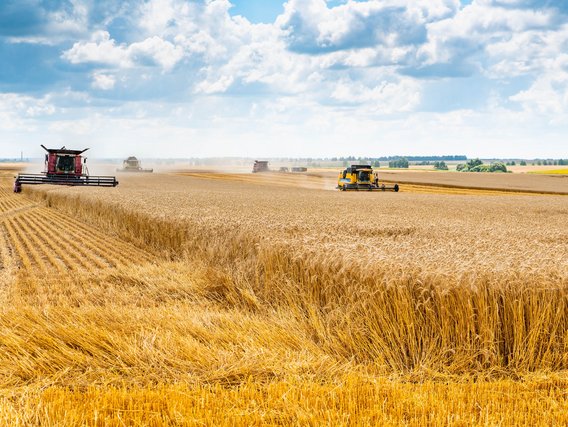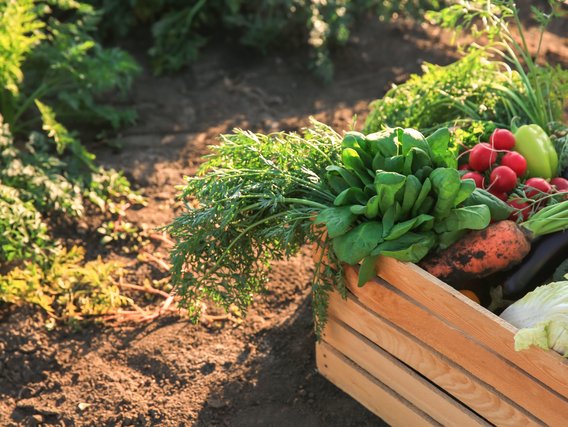
ISO 22000
ISO 22000 is an international standard that specifies the requirements for a food safety management system. A food safety management system is implemented by food industry organizations when they want to ensure that their food is safe for human consumption and that all food safety hazards are controlled.
The ISO 22000 standard was issued by the International Organization for Standardization (ISO) and incorporates:
- HACCP requirements,
- Applicable legal requirements,
- General principles of management systems,
thus creating a comprehensive, globally recognized food safety standard. The standard is aimed at all organizations involved in the food supply chain, including:
- the primary sector (animal husbandry, plant production),
- the secondary sector (processing for food and feed production),
- organizations/businesses involved in storage, distribution, wholesale, and retail sales,
- organizations/businesses providing support services (suppliers of packaging materials, equipment, cleaning products, additives, pest control, etc.).
The most significant benefits for an organization from ISO 22000 certification are:
- Compliance with relevant national and community legislation,
- Alignment with commonly accepted food production practices,
- Reduction of failures and identification of incorrect practices,
- Preparedness of the organization to handle food crises (avoiding reputational and costly financial consequences),
- Enhancement of consumer confidence in the business's products,
- Continuous improvement,
- Competitive advantage in the market.


